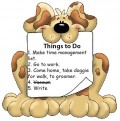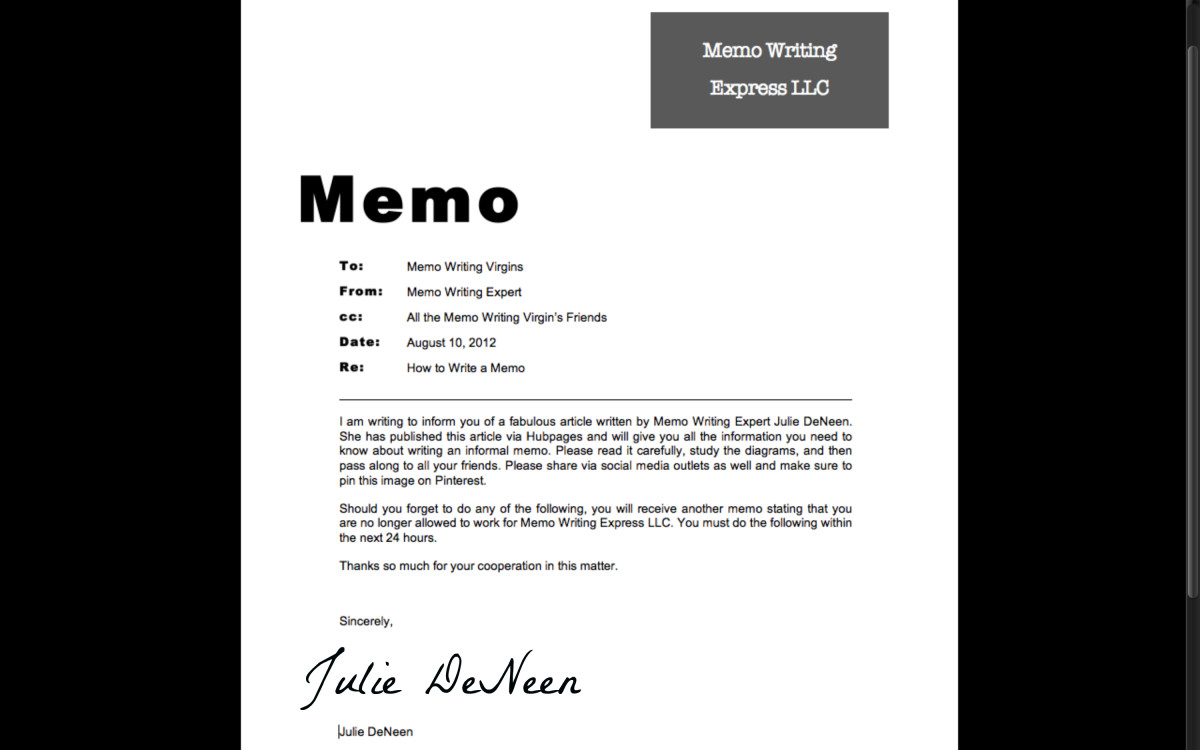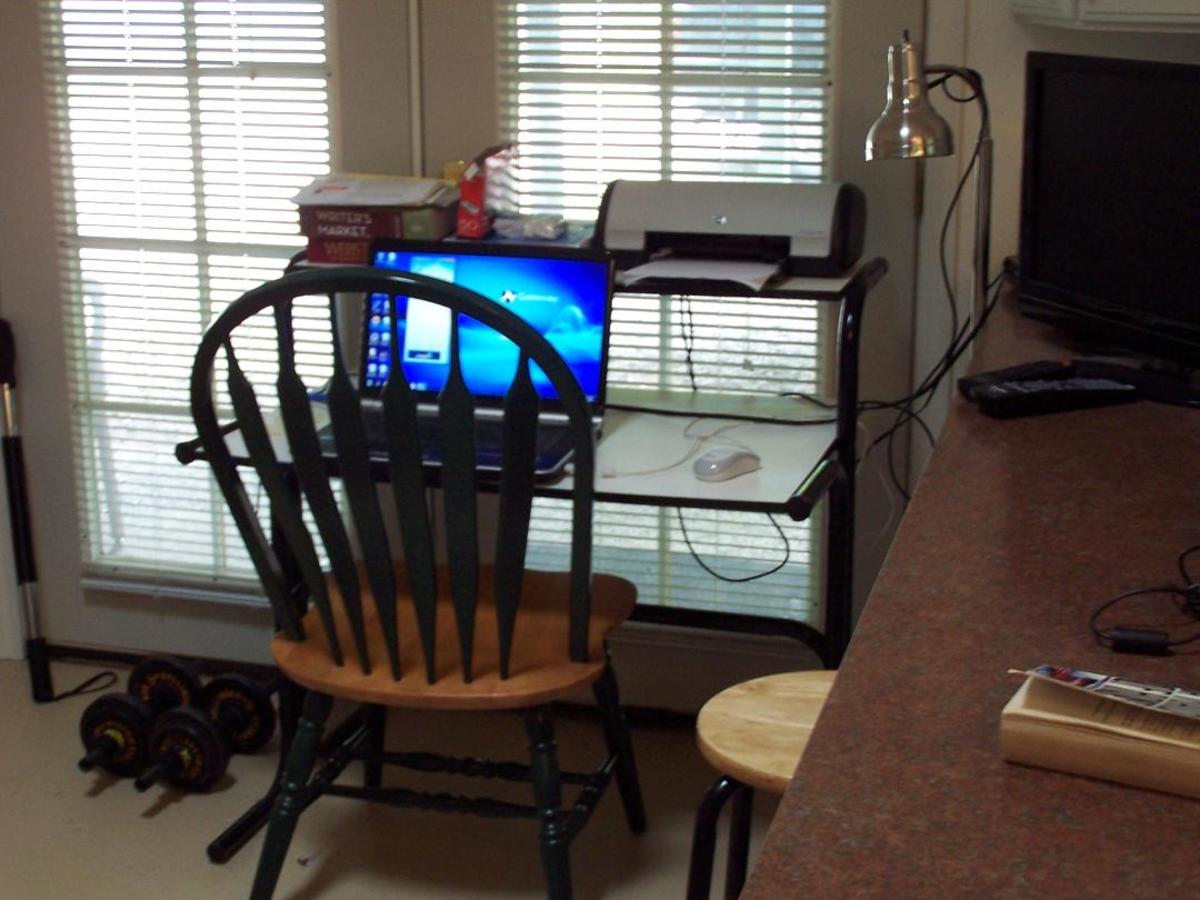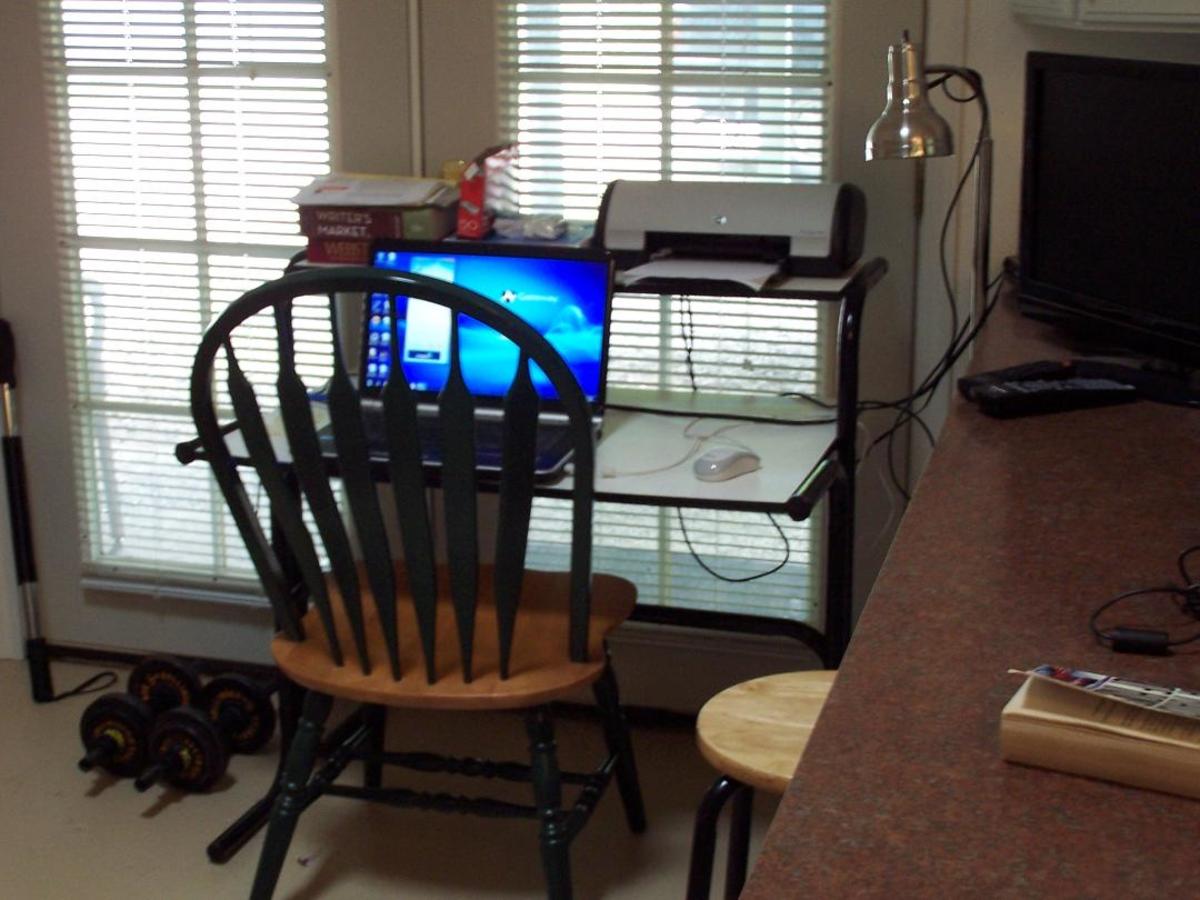You Can Develop A Writing Habit
You Have To Start Somewhere
For some people writing comes easy, with just a blink of an eye. Yet for others it may take a bit more practice and reaching for those ever elusive ideas. But one thing is for sure, writing everyday for a specific amount of time is going to be beneficial if you are serious about writing.
And to do that, you have to make writing a habit. Something you do like brushing your teeth, or shutting off the lights. Not all habits are bad, by choosing to write everyday, you are making writing a good habit. So, lets get busy and start making writing a habit you will enjoy for a long time to come.

Are You Ready To Write?
1. Write Something Every Single Day, No Matter How Small
When you write everyday it is going to help structure a routine and set up a schedule. First off, choose a good time that is good for you to write every day, and use that time for your writing, nothing else but your writing. That is going to be your individual time. Your time to create.
It is also a good idea to set some goals, how long or how many words you want to write every day. If you pick 100 words, then you can gradually exceed that number as you go along. Now there are going to be days you do not want to write, but if you can, write a sentence or two. Even if it is just random sentences, write it down, you can make something out of it later. Remember, the point is to create that habit of writing. A few sentences are better than no sentences. Keep that in mind.
2. Set Realistic Goals For Yourself-Aiming For The Moon Is Not Realistic
These can be just about anything. Aim low, then gradually aim higher until you reach your ultimate goals. For example, you could set a goal as to how much time you will spend writing every day, perhaps two hours in the morning with coffee. You may set a goal on what kind of material you will choose to write about, or you may choose to write a certain number of words in a certain number of hours. Keep it simple and you will succeed.
You get to make up the rules. Just remember to be realistic. You do not want to set yourself up to fail, but at the same time, you want to challenge yourself just a little bit.
3. Never Forget Your Notebook-It Is What Keeps You Going
Always have that notebook with you. Or keep several around so you always have a place to keep your thoughts. You never know when the greatest idea of all time will pop into your head. You may see something amazing and want to jot down all the exact details. You may run into a celebrity and get an exclusive interview. Without that notebook you are out of luck, because 9 times out of 10 you aren't going to remember that stuff off the top of your head later on.
If you don't have that notebook, your great ideas have no where to go. If you're on public transportation and have nothing better to do, but day dream, you have your notebook right there to jot those day dreams down. All that people watching gives you a plethora of information.
The more detailed you are in recording your inspirations the more resource you will have for the next piece you write about. Remember, the intention for all this is to develop a good writing habit.
4. Read, Read, And Keep Reading, And Then Read Some More
I read that well known authors say, a writer is a reader. I have to say that is pretty much true. If we didn't read, we wouldn't have very many thought's in our heads now would we? Read everything you can, even things you are not so fond of. Learning is the greatest power we have. It is where our imaginations comes from.
Enlighten yourself, broaden your horizons, expose yourself up to newspapers, magazines, journals, and blogs. Reading keeps you up-to-date on what is going on in the world and what happened in the past and even the predictions of the future, it feeds your thirst for fantasy, fun, and the bizarre, it builds your vocabulary, and your creativity. And most of all gives you something to think about. And you just might find something really good to write about.
5. Join A Writing Workshop Or Creative Writing Class
When you join a writer's workshop or take creative writing courses, you are given opportunities to improve you're writing, spelling and grammar skills. You will meet other writers that share your interests, who can critique your writing, and offer suggestions that may help you with your writing accomplishments. You may make a writing buddy or two along the way.
There are several ways to join writing workshops, or creative writing courses. You can attend in person, order one on DVD, or join a creative writing course online. And you will find many of them at little or no cost to you.
6. You Are A Writer, Don't you Think You Should Call Yourself One?
Start with calling yourself a writer if you write. How do you expect other people to call you a writer if you don't call yourself one. You don't have to be a rich and famous author to be called a writer. By calling yourself a writer, you are giving yourself the motivation you need to continue writing. So the next time someone asks you what you do, go ahead, tell them you are a writer.
Other Hubs About Writing
- Journaling For Yourself
It's Your Journal-Start Writing Keeping a journal is a useful way to learn more about yourself, you can routinely record your thoughts and feelings. Sometimes it is going to be painful to write about things... - 29 Things To Write About
Oftentimes when people ask me what I write about I give vague answers like - 11 Creative Ways To Start Writing
Have you ever sat down at your computer genuinely enthusiastic, prepared to write all those noble visions you have buried in your head down? When all of a sudden your mind is an open abyss of nothingness?...








